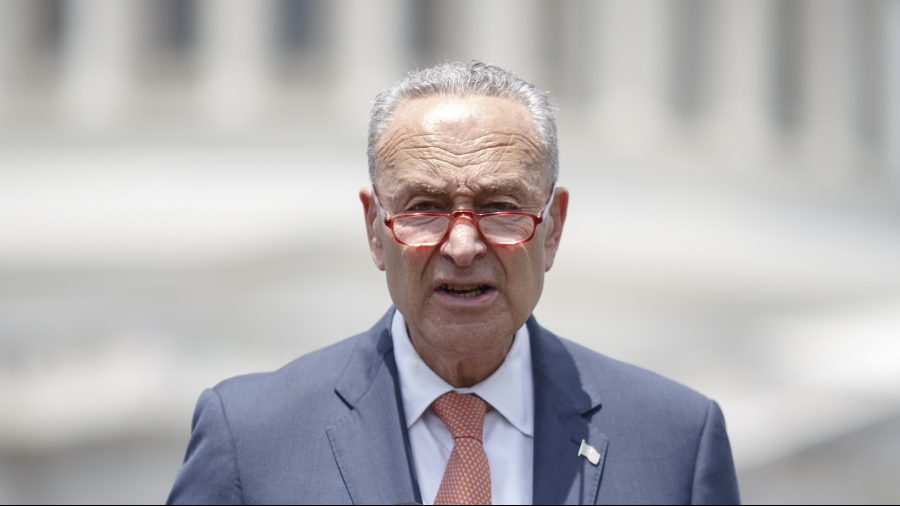NEW YORK—The Senate’s top Democrat said June 30 that the U.S. government should step up efforts to investigate the deaths of at least eight Americans in the Dominican Republic this year.
The Bureau of Alcohol, Tobacco, Firearms and Explosives should lend support to the FBI and local law enforcement, said Sen. Chuck Schumer, D-N.Y., noting the agency has offices in the Caribbean and the technical and forensic expertise that could aid the investigation.

Family members of the tourists who died have called on authorities to investigate any possible connections. Relatives have raised the possibility that the deaths may have been caused by adulterated alcohol or misused pesticides.
ATF spokeswoman April Langwell said the Treasury Department primarily handles investigations involving potentially tainted alcohol. But she said ATF has offered its assistance and would work with other law enforcement agencies to keep Americans safe.
“Given that we still have a whole lot of questions and very few answers into just what, if anything, is cause for the recent spate of sicknesses and several deaths of Americans in the Dominican Republic, the feds should double their efforts on helping get to the bottom of things,” Schumer said in a statement to The Associated Press.

The ATF primarily investigates firearms-related crimes but is also charged with regulating alcohol and tobacco.
“Given that we still have a whole lot of questions and very few answers into just what, if anything, is cause for the recent spate of sicknesses and several deaths of Americans in the Dominican Republic, the feds should double their efforts on helping get to the bottom of things,” Schumer said in a statement.
Francisco Javier García, the tourism minister in the Dominican Republic, said earlier this month that the deaths were not part of any mysterious series of fatalities but a statistically normal phenomenon lumped together by the U.S. media. He said autopsies show the tourists died of natural causes.
Dominican Republic tourism minister says recent deaths of Americans not unusual https://t.co/DrmYaoHORD pic.twitter.com/NXcwBztT1p
— CBS News (@CBSNews) June 22, 2019
Five of the autopsies were complete as of last week, while three were undergoing further toxicological analysis with the help from the FBI because of the circumstances of the deaths.
Jerry Curran, 78, died Jan. 26 in the Dreams Punta Cana resort, and an autopsy report blamed pulmonary edema and other causes, García said.
Then on April 12, 67-year-old Robert Bell Wallace of California died of septic shock, pneumonia and multi-organ failure. A week later, on April 19, 70-year-old John Corcoran died of natural causes. Family members have said he had a pre-existing heart condition, and officials did not release further details.
JUST IN: US State Dept confirms a 4th American tourist death in the Dominican Republic.
He has been identified as Robert Bell Wallace, a native of the Bay Area https://t.co/b4FVoGiGoD pic.twitter.com/EDtuPxad2V
— KRON4 News (@kron4news) June 10, 2019
“What some media are describing as an avalanche of deaths doesn’t correspond to the reality that we’re living today in the Dominican Republic,” García said.
Leyla Ann Cox, 53, died from a heart attack June 10, he said. She had signs of a previous heart attack. Three days later, on June 13, Joseph Allen, also 55, died of a heart attack at the Centro Vacacional Terra Linda resort in Sosua, anthracosis edema and pulmonary congestion.
“Most tourist destinations have a number of natural deaths during a year,” said Dr. Sally Aiken, a medical examiner in Spokane, Washington, who has done more than 9,000 autopsies and is vice president of the National Association of Medical Examiners.
In response to public concerns, authorities are increasing internal security measures at hotels as well as increased control over food and beverages, but only as a preventive measure, García said.
“We’re very sorry for the families’ grief,” he said. But “there is no wave of mysterious deaths.”
By Danica Coto

